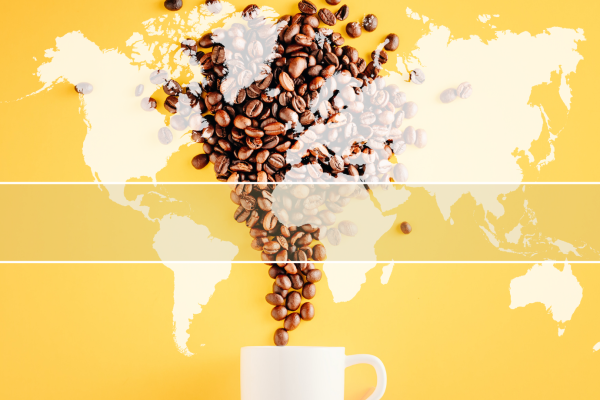
Looking for a Fall 2021 online course?
Designed for students in the fields of political science, economics and international relations, this upper-division course introduces students to the major contours of the global political economy. The field of International Political Economy (IPE) in general is situated at the intersection of “wealth” and “power” around the world, and pays special attention to capitalist and non-capitalist economies, interactions between states and markets, economic geographies, and dynamics and patterns of wealth, poverty and inequality.
Course Overview
Ever wonder how the coffee you drank this morning made it into your cup, or why the milk is located at the back of the grocery store? International political economy has these answers and many, many more!
Students in this course have the opportunity to learn and apply major theories of global political economy and examine important empirical patterns, events, and dynamics, with an eye towards understanding the complexities of the global economy, the dynamics of globalization, and the historical foundations of today’s economic order. Students also have opportunities to explore various contemporary global economic debates, for example, on the virtues free trade, the causes of hunger and poverty, and the dangers of multinational corporate governance.
The course is oriented toward the following key questions:
- What kinds of actors, institutions, relationships, dynamics and processes characterize the global economy?
- How do the global trade and financial systems work? Do they work well? For whom? Under what conditions?
- What kinds of debates and disagreements about the global economy prevail today?
- Where do I “fit” in the global political economy? Who am I connected to? Why and how and under what conditions?
Course Goals and Learning Objectives
This course aims to convey the following departmental and course-specific learning objectives to students:
- Create a classroom community that is vibrant, respectful and collaborative
- Empower students to take control of and responsibility for their own learning
- Engender compassion and empathy towards classmates, fellow members of the local community, and the billions of people around the world who live in more distant places
- Encourage students to think about their roles in the world and their connections to others
- Promote civic knowledge and engagement—local and global, intercultural knowledge and competence, ethical reasoning and action, and foundations and skills for lifelong learning
- Critically engage key political debates in the global economy
- Facilitate student literacy in economic and financial concepts and vocabulary
- Imagine an economy that is more just, not only for people, but also for other species and the Earth
- Aid in the application of theory to practice and practice to theory
- Improve critical thinking and analytical skills
- Refine written and oral communication skills
- Provide opportunities for research
